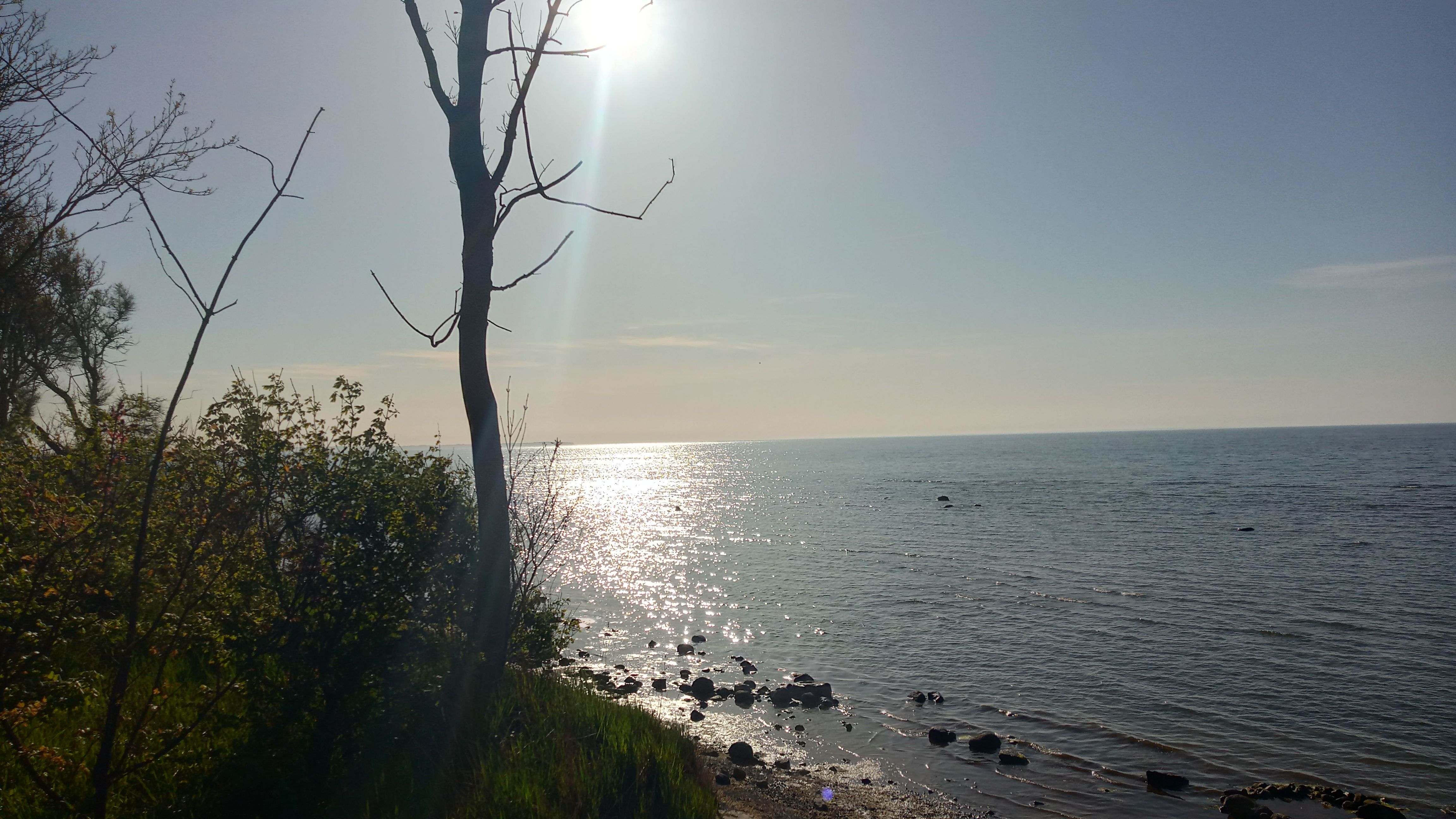With the nation’s growing dependence on a Pacific Islander workforce, especially in regional areas, attention is shifting towards improving worker welfare and wellbeing.
from the article:
He said Pacific Island workers often lived with strangers in sharehouse accommodation and had to navigate expense deductions as well as their obligations to send money to their families back home.
But due to the housing crisis and the need still to negotiate with the states about funding the education of the workers’ children, he believes settling worker families in Australia has logistical challenges.
Labour hire companies then established links to agents to recruit workers en masse from Kiribati, Nauru, Papua New Guinea, Samoa, Solomon Islands, Tonga, Tuvalu, Vanuatu, Fiji and Timor-Leste.
Mr MacRaild said understanding fair work conditions and expense deductions for airfares, rent and transport, taxation and superannuation, had left many workers vulnerable to exploitation over the past decade.
Mr MacRaild said a disciplined worker working overtime could generate a life-changing $20,000 a season, which could pay for school fees, vehicles, and home renovations and repairs to cyclone-damaged homes.
He said living standards were improving beyond anything foreign aid had been able to achieve.
But Mr MacRaild said the the movement of workers to Australia had led to an exodus of young people that was creating social upheaval in participating island nations.
“Many of these people have come leaving their children at home with extended family for months, even years on end,” he said.

